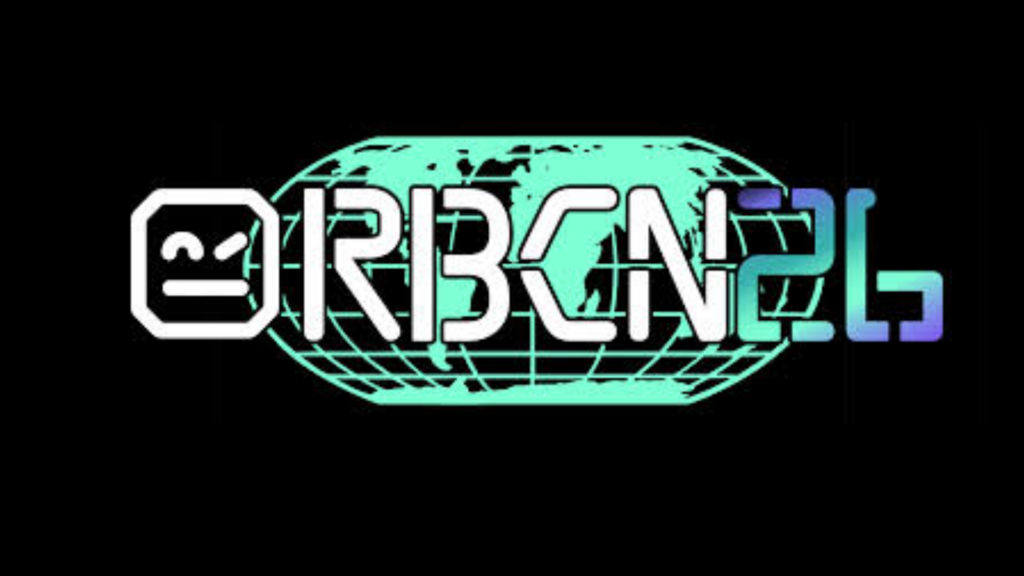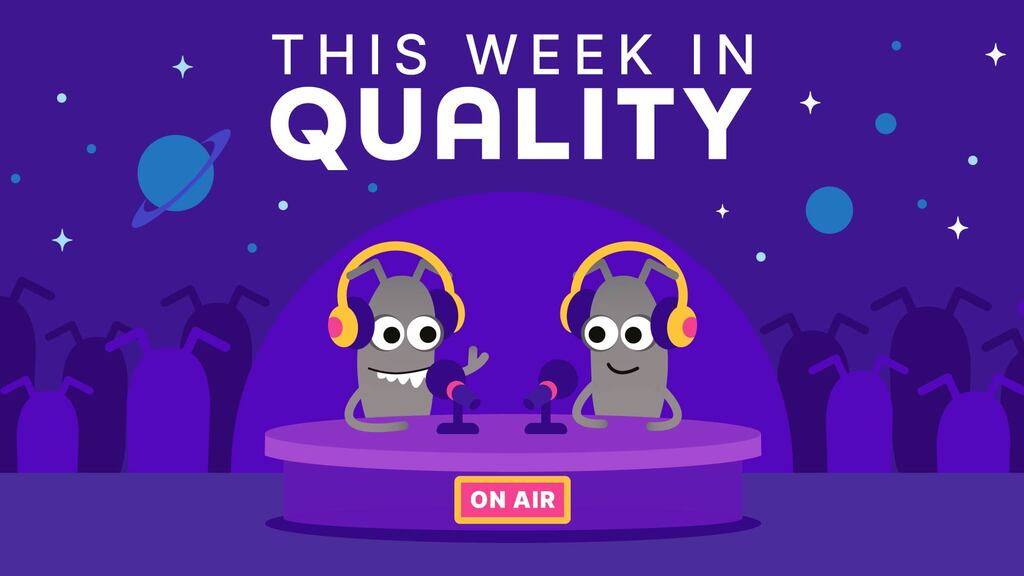![There’s often a small but powerful window of time when your mind and heart quietly signal an opportunity to learn or grow. That inner nudge that moment of awareness is your heuristic window. When it shows up, catch it. That’s your chance to pause, reflect, and start planning your next step toward self-improvement.
Here are a few ways to make the most of that moment:
1. Write Down What You Feel You're Lacking
Those flashes of insight where you feel something’s missing are short-lived. Your brain processes thoughts rapidly, and those cues can easily disappear if not captured. Write them down as soon as they arise. They might not come back the same way again.
2. Start Working on Them
Once you’ve noted your areas for growth, make a small action plan.
Ask yourself:
-What do I want to learn?
-How deeply do I want to understand just the basics, hands-on practice, or full mastery?
Start simple:
-Google: What is [XYZ]?
-Read a short article or official documentation.
-Watch a tutorial video.
-Try it out especially if it’s a tool or software.
-Get a basic grasp, then build on it gradually.
3. Talk About It
Share what you're learning with others colleagues, peers, friends, or family. It helps you process the information better and opens up conversations that might deepen your understanding.
You can even post your learnings on platforms like:
-MoT
-Medium
-LinkedIn
It not only reinforces your learning but also contributes value to the community. You never know who might benefit from your experience.
4. Teach It
One of the most effective ways to cement knowledge is by teaching it. Explaining a concept to someone else challenges you to truly understand it yourself. Whether it's guiding a peer, mentoring someone, or writing a how-to post, sharing knowledge multiplies it.
To Sum Up:
Take small, consistent steps. We're living in an overwhelming time where imposter syndrome is real but remember: Your only real competition is who you were yesterday.
Yesterday is behind you. Tomorrow hasn’t arrived. All you truly have is today.](https://d8iqbmvu05s9c.cloudfront.net/tz3rj0vxid3smjexptvfktjfr3oc)
Honored to have been invited to a Podcast with the CEO herself in Leading with Quality series. Where we sat and talk about the reality of Quality, how it should or may look like and most importantly few take aways from our conversation, I will share few of them: The first one: The tips for Self Evaluation for everyone especially for us as a Testers.
There’s often a small but powerful window of time when your mind and heart quietly signal an opportunity to learn or grow. That inner nudge that moment of awareness is your heuristic window. When it shows up, catch it. That’s your chance to pause, reflect, and start planning your next step toward self-improvement.
Here are a few ways to make the most of that moment:
1. Write Down What You Feel You're Lacking
Those flashes of insight where you feel something’s missing are short-lived. Your brain processes thoughts rapidly, and those cues can easily disappear if not captured. Write them down as soon as they arise. They might not come back the same way again.
2. Start Working on Them
Once you’ve noted your areas for growth, make a small action plan.
Ask yourself:
-What do I want to learn?
-How deeply do I want to understand just the basics, hands-on practice, or full mastery?
Start simple:
-Google: What is [XYZ]?
-Read a short article or official documentation.
-Watch a tutorial video.
-Try it out especially if it’s a tool or software.
-Get a basic grasp, then build on it gradually.
3. Talk About It
Share what you're learning with others colleagues, peers, friends, or family. It helps you process the information better and opens up conversations that might deepen your understanding.
You can even post your learnings on platforms like:
-MoT
-Medium
-LinkedIn
It not only reinforces your learning but also contributes value to the community. You never know who might benefit from your experience.
4. Teach It
One of the most effective ways to cement knowledge is by teaching it. Explaining a concept to someone else challenges you to truly understand it yourself. Whether it's guiding a peer, mentoring someone, or writing a how-to post, sharing knowledge multiplies it.
To Sum Up:
Take small, consistent steps. We're living in an overwhelming time where imposter syndrome is real but remember: Your only real competition is who you were yesterday.
Yesterday is behind you. Tomorrow hasn’t arrived. All you truly have is today.




